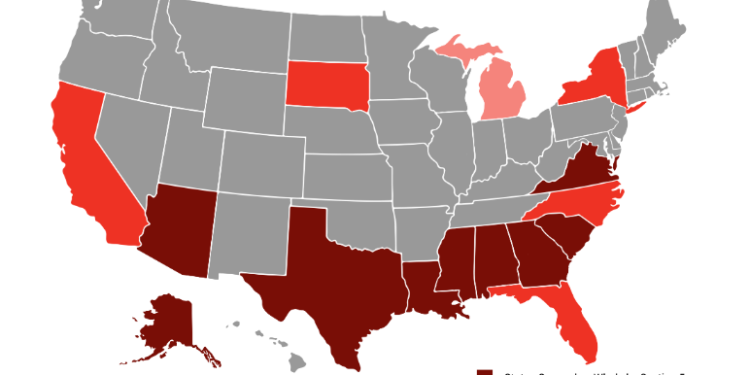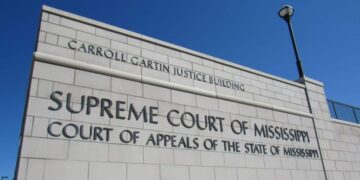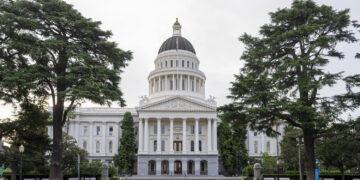June 26, 2024 Story by: Editor
Shelby County v. Holder is a significant Supreme Court case that severely weakened the Voting Rights Act of 1965 by removing essential protections against discrimination.
Ruling Overview
On June 25, 2013, the Supreme Court ruled that a critical section of the Voting Rights Act (VRA) was unconstitutional, leaving it to Congress to update the law. This decision has allowed state and local governments with histories of discrimination to implement election policies that had been previously restricted. This change is a major factor behind the recent surge in voter suppression laws, even though the ruling is less than a decade old.
Historical Context of the Voting Rights Act of 1965
The U.S. Constitution does not explicitly guarantee the right to vote. However, the 15th, 19th, and 26th Amendments prohibit voting discrimination based on race, color, previous servitude, sex, and age for those over 18. Despite the 15th Amendment’s passage in 1870, discriminatory practices like poll taxes, literacy tests, Jim Crow laws, intimidation, and violence were used to prevent Black Americans from voting.
Significance of the Voting Rights Act of 1965
Signed by President Lyndon B. Johnson on August 6, 1965, the VRA aimed to protect Black citizens’ voting rights by banning discriminatory practices. It required jurisdictions with histories of voter suppression to obtain federal approval before making any changes to voting procedures. This preclearance ensured that changes were reviewed to prevent discrimination. The VRA is considered one of the most effective pieces of civil rights legislation in U.S. history.
Key Provisions of the VRA
The VRA’s strengths are in Sections 4b and 5. Section 4b established a formula to identify areas with histories of voting rights violations. Section 5 required these areas to get federal preclearance before changing voting laws. Renewed and amended multiple times, the VRA included protections for voters facing language barriers or disabilities. States like Alabama, Georgia, Louisiana, Mississippi, and others had to submit election plans to the Justice Department or a federal court to prevent voter suppression.
Impact of Shelby County v. Holder
Shelby County, Alabama, challenged the VRA’s preclearance clause in 2010. The Supreme Court, in a 5-4 decision, ruled that the Section 4b formula was outdated and unconstitutional. This decision made Section 5 unenforceable, removing federal oversight from regions with discriminatory histories. The dissenting justices, including Ruth Bader Ginsburg, argued that discrimination still existed, highlighting the decision’s potential negative impact.
Reinstating the Preclearance Clause
The Supreme Court did not find preclearance itself unconstitutional but deemed the formula outdated, leaving it to Congress to create a new one. Since then, discriminatory laws and changes to voting procedures have occurred without oversight. The VRA needs updated criteria to address modern voter suppression tactics, which now include voter ID requirements, limitations on early voting, and the closure of polling places in minority communities.
Modern Voter Suppression
Current suppression tactics are more subtle than historical practices. They include strict voter ID laws, restrictions on early voting, and polling place closures, disproportionately affecting minorities, elderly people, and low-income communities. These laws can make it difficult for students, LGBTQ+ individuals, and people with disabilities to vote. Comprehensive legislation is needed to address these modern challenges.
Election Impact
The full consequences of the Shelby County decision are still emerging, but the rise in restrictive voting laws threatens democratic participation. Voter suppression influences election outcomes by determining who can vote. Stricter voter ID laws, passed in states like North Carolina and Texas, have made voting more difficult for marginalized groups. Legal challenges to these laws are lengthy, meaning discriminatory policies can affect multiple elections before being overturned.
Future Concerns and Actions
Voter suppression remains a significant threat without VRA protections. Many voters, especially Black and Brown individuals, face long lines, ID requirements, and other barriers. Recent laws aim to suppress voter turnout and undermine elections, making it crucial to restore and expand the VRA preclearance formula.
What Can Be Done
- Register to Vote: Ensure your registration is current.
- Support Federal Voting Rights Bills: Advocate for the John Lewis Voting Rights Advancement Act and the Freedom to Vote Act.
- Contact Elected Officials: Urge federal and state representatives to restore and strengthen the VRA.
- Research Candidates: Support those who promote democracy and protect voting rights.
Voting rights are crucial, and active participation is essential to counter efforts that restrict the right to vote.
Source: Rock The Vote

















